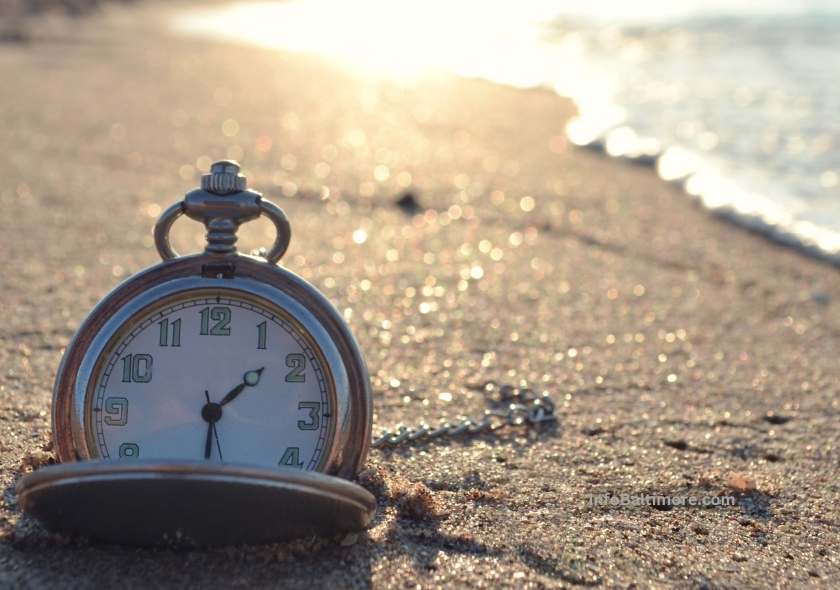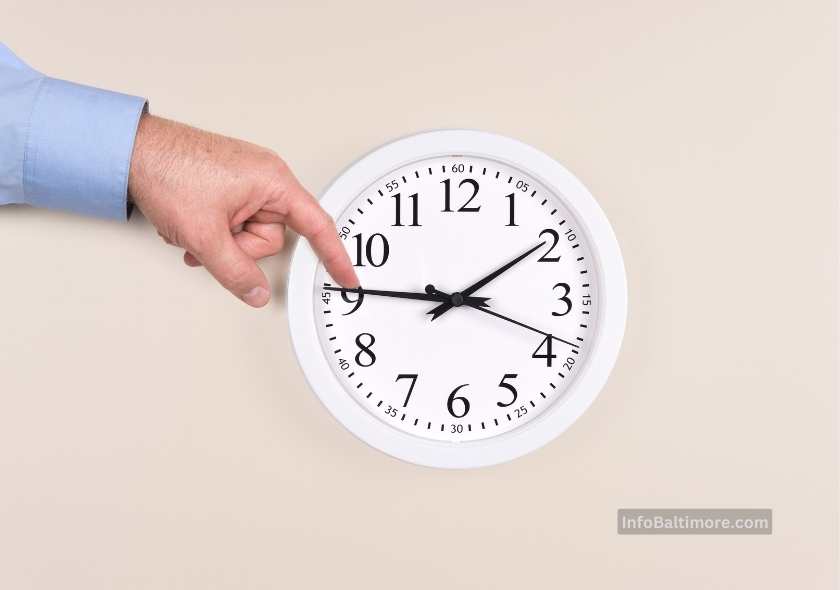
When is Daylight Saving Time in Baltimore?
What is Daylight Saving Time?
Daylight Saving Time (DST) is a practice of setting the clock ahead by one hour during the summer months, typically from March to November, to provide more daylight in the evening.
Why do we observe Daylight Saving Time?
The primary reason for observing DST is to save energy and make better use of natural daylight. By extending the daylight hours in the evening, less energy is needed for artificial lighting, which can lead to reduced energy consumption and cost savings.
When does Daylight Saving Time start and end?
The start and end dates for DST vary by country and region. In the United States DST typically starts on the second Sunday of March and ends on the first Sunday of November.
Interesting Facts About DST:
Daylight Saving Time was first introduced during World War I as a way to conserve fuel for the war effort.
The practice of Daylight Saving Time is not universal and is not observed in some parts of the world, including most of Africa and Asia.
Is there a movement in the U.S. to abolish Daylight Saving Time?
Yes, there have been ongoing discussions and movements to abolish DST in many regions of the United States, citing the negative effects on sleep patterns and productivity.
Why can’t DST be made permanent?
While there have been calls to make DST permanent, it is not that simple. The Uniform Time Act of 1966 established the current system of observing DST and made it mandatory for all states to follow. To make DST permanent, a federal law would need to be passed.
Also read: What are the best neighborhoods to live in Baltimore?

Does DST affect our health?
Some studies have suggested that DST can have negative effects on our health, such as disrupted sleep patterns and increased risk of heart attacks. However, other studies have found little to no impact on health.
Does Baltimore also follow Daylight Saving Time?
Yes, Baltimore follows Daylight Saving Time, which typically starts on the second Sunday of March and ends on the first Sunday of November.
When does it take effect in Baltimore?
In Baltimore, Daylight Saving Time takes effect at 2:00 a.m. local time on the second Sunday of March and ends at 2:00 a.m. local time on the first Sunday of November.
Myths About DST:
Daylight Saving Time was not introduced to help farmers. In fact, farmers have historically been opposed to the practice as it disrupts their work schedule.
Contrary to popular belief, DST does not significantly reduce crime rates or traffic accidents.
Which States Don’t Use Daylight Saving Time?
There are two states in the United States that do not observe Daylight Saving Time: Arizona and Hawaii. Arizona opted out of DST in the 1960s, citing the state’s desert climate and long daylight hours as reasons to forego the time change. Hawaii has never observed DST, as the state’s location near the equator means that the length of daylight remains relatively consistent throughout the year.
In addition to Arizona and Hawaii, several U.S. territories, including Puerto Rico, the Virgin Islands, Guam, and American Samoa, also do not observe DST. While the federal government mandates the start and end dates for DST, the decision to observe or not observe DST is ultimately up to each state and territory. Despite ongoing debates about the benefits and drawbacks of DST, the majority of U.S. states continue to observe the practice.
Also read: What is Baltimore Known For?

